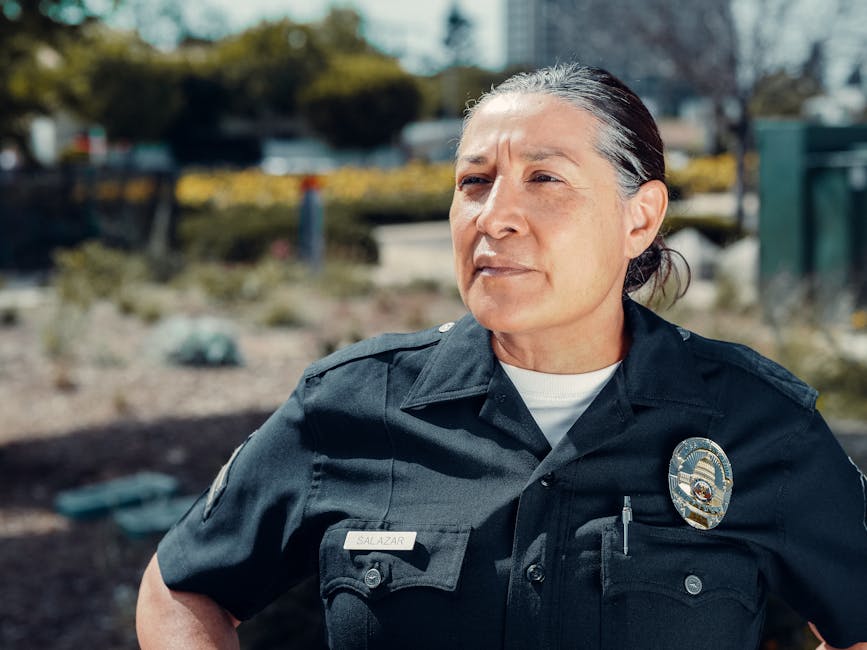The debate over lowering India’s age of consent from 18 to 16 raises critical questions about adolescent rights, psychological readiness, and societal safety. While advocates argue that 16-year-olds deserve autonomy, critics warn of exploitation risks. Here’s a deep dive into the psychological and legal perspectives shaping this contentious issue.
Why Some Support Lowering the Age of Consent
Proponents highlight that teens at 16 often demonstrate sufficient maturity to understand consent. Developmental psychologist Dr. Aparna Sharma explains:
“Research shows many 16-year-olds have the cognitive ability to navigate relationships. Criminalizing consensual teen relationships ignores reality.”
Countries like the UK and Canada set the consent age at 16, reflecting trust in adolescent decision-making. In India, the POCSO Act’s strict enforcement has led to unintended consequences—25% of cases involve consensual relationships between teens, per a 2022 National Law School study.
Key Arguments for Change:
✔ Teen Autonomy: Recognizes evolving maturity.
✔ Legal Overreach: Prevents misuse against consensual couples.
✔ Global Alignment: Matches standards in many developed nations.
The Risks: Could This Harm Vulnerable Teens?
Opponents stress India’s patriarchal norms and power imbalances. Activist Kavita Krishnan warns:
“Lowering the age may enable predators to manipulate minors under the guise of ‘consent.’”
Psychologists note that adolescent brains are still developing impulse control, increasing vulnerability to coercion. Clinical psychologist Dr. Rohit Verma adds:
“Without proper sex education, teens may struggle to distinguish between genuine consent and pressure.”
Critical Concerns:
✖ Exploitation Risk: Potential rise in grooming cases.
✖ Cultural Context: Patriarchal structures may undermine true autonomy.
✖ Legal Loopholes: Could weaken protections for abused minors.
Legal Reforms: Is There a Middle Ground?
Experts propose balanced solutions:
– Close-in-Age Exemptions: Decriminalize relationships between teens (e.g., 16 and 18).
– Enhanced Education: Mandate comprehensive sex education in schools.
– Contextual Assessments: Let courts evaluate emotional maturity case-by-case.
Legal scholar Rakesh Sinha suggests:
“A graded approach could protect teens from abuse without punishing consensual relationships.”
Conclusion: Autonomy vs. Protection—Can India Strike a Balance?
The debate isn’t just about age but about preparing teens for healthy relationships. Lowering the consent age without systemic safeguards risks harm, but rigid laws may also infringe on adolescent rights. The path forward requires:
– Education: Teach boundaries, safe sex, and legal rights.
– Legal Nuance: Differentiate exploitation from peer relationships.
– Societal Shifts: Address gender inequality and cultural taboos.
Should India revise the age of consent? Share your thoughts below.




